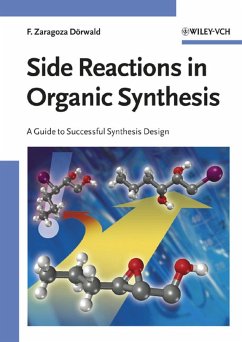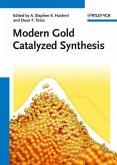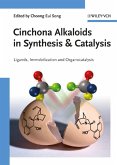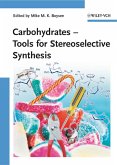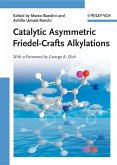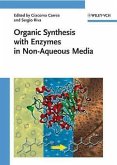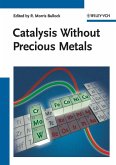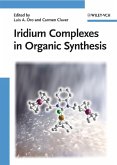Most syntheses in the chemical research laboratory fail and usually require several attempts before proceeding satisfactorily. Failed syntheses are not only discouraging and frustrating, but also cost a lot of time and money. Many failures may, however, be avoided by understanding the structure-reactivity relationship of organic compounds. This textbook highlights the competing processes and limitations of the most important reactions used in organic synthesis. By allowing chemists to quickly recognize potential problems this book will help to improve their efficiency and success-rate. A must for every graduate student but also for every chemist in industry and academia. Contents: 1 Organic Synthesis: General Remarks 2 Stereoelectronic Effects and Reactivity 3 The Stability of Organic Compounds 4 Aliphatic Nucleophilic Substitutions: Problematic Electrophiles 5 The Alkylation of Carbanions 6 The Alkylation of Heteroatoms 7 The Acylation of Heteroatoms 8 Palladium-Catalyzed C-C Bond Formation 9 Cyclizations 10 Monofunctionalization of Symmetric Difunctional Substrates
Dieser Download kann aus rechtlichen Gründen nur mit Rechnungsadresse in D ausgeliefert werden.

